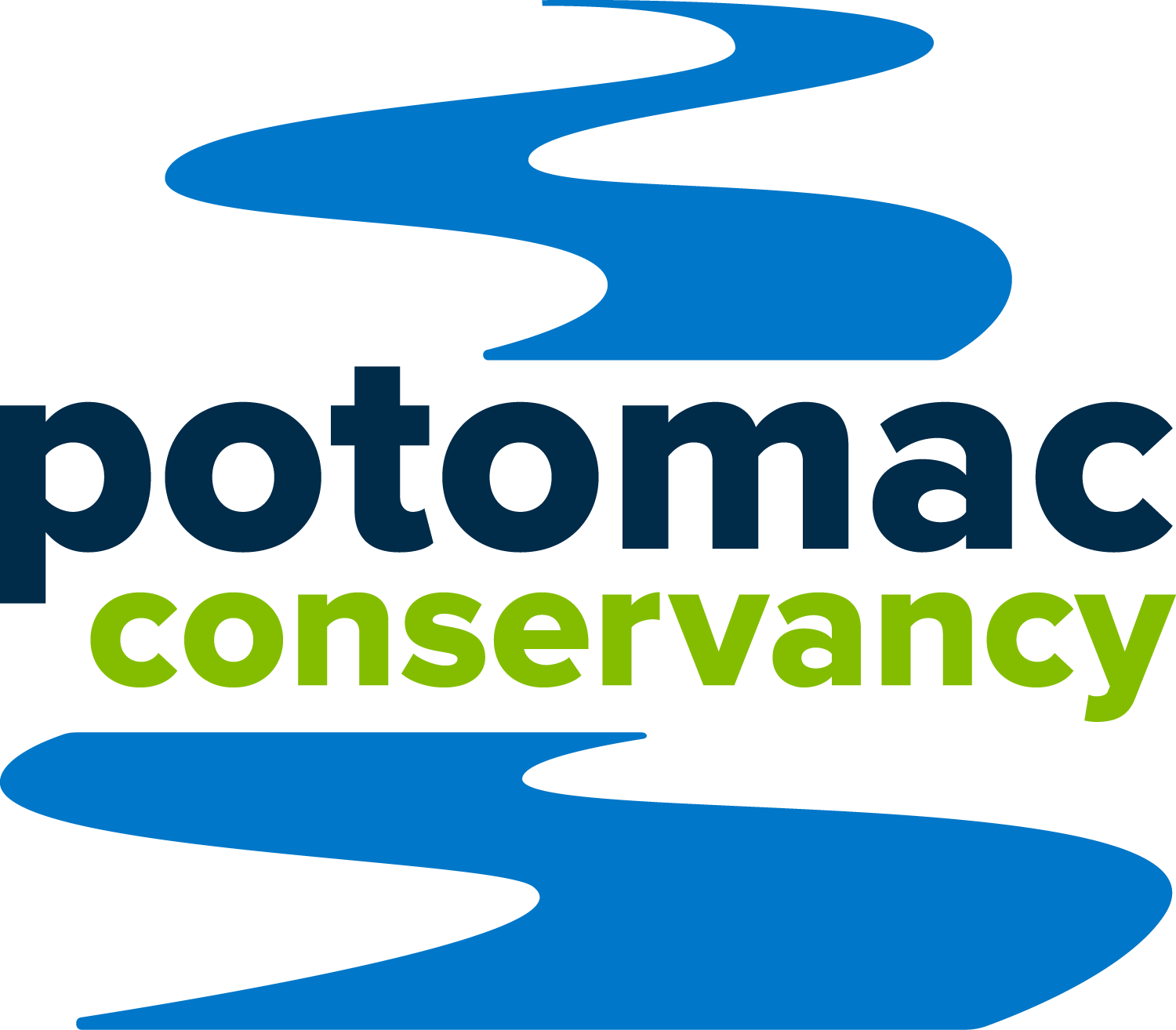Will urban sprawl destroy the Potomac River's headwaters? A West Virginia family is fighting back.
/Community power drives Potomac Conservancy’s efforts to protect vulnerable streams, farmland and forests
ALL imageS courtesy of bill macfarland, www.macfarlandphoto.net
As nature lovers, it can feel daunting to take on the powerful forces that are driving pollution and environmental destruction. But there’s hope yet. Meet Clint, Christina, and their family. They’re living proof that anyone can take an active role in the fight against urban sprawl and deforestation.
Clint Hogbin, a lifelong resident of Berkeley County, West Virginia, is carrying forward a seven-generation conservation-minded legacy with his wife, son, and daughter. Our team at Potomac Conservancy has enjoyed getting to know the family over the years.
The Hogbins own a 51-acre property in a rural area of Berkeley County. They enjoy spending a lot of time hiking along Back Creek and the nearby Potomac River. There, they revel in the natural beauty, history, and wildlife found along its shorelines and sparkling in the glistening waters.
ALL imageS courtesy of bill macfarland, www.macfarlandphoto.net
Their family values their time together, and their walks remind them of how important preserving agricultural and forest lands is – not only for safe food and clean water but also for wildlife. It’s not uncommon for the family to spot a soaring bald eagle, a sunbathing river otter, an impressive osprey or maybe a rare glimpse of an agile bobcat.
Living closely with nature gives the Hogbins a deep appreciation for the value of the natural world. But these important areas, so precious to the regional quality of life, may diminish or even vanish in the coming decades.
Rapid development concerns
Over his lifetime, and particularly in the last decade, Clint has watched fast-paced sprawl inch closer and closer to his community in Back Creek, a tributary to the Potomac River. This beautiful rural area is home to hard-working families, farmers, forests, and one of West Virginia’s cleanest streams.
As more land is transformed into houses, plazas, and stores, Clint worries about the bucolic lands he has loved his entire life.
“We’ve seen hundreds, maybe thousands of acres of farmland and forests near us decimated by development,” said Clint
Upstream forests, farms, and creeks, like those found in Clint’s community, are critical to safeguarding clean water and restoring the Potomac River to full health. In fact, forests are one of nature’s best defenses to combatting pollution and flooding.
Our forests stabilize stream banks, absorb excess rainwater, filter polluted runoff, and provide critical habitat for wildlife. Our forests stabilize stream banks, absorb excess rainwater, filter polluted runoff, and provide critical habitat for wildlife and hunting. Yet, deforestation in the region is happening at a rapid and unsustainable rate. In Potomac Conservancy’s 2023 Potomac River Report Card, streamside trees received a D+ rating.
Clint and his family decided enough was enough.
“Our family knew we had to do something,” reflects Clint.
Taking a stand to protect his hometown
ALL imageS courtesy of bill macfarland, www.macfarlandphoto.net
The Hogbins researched options that could empower them to protect their property and its 51 acres of former farmland turned mature forest. They learned that the Berkeley County Farmland Protection Program and Potomac Conservancy offered land conservation programs utilizing perpetual conservation easements. These programs, along with a voluntary perpetual conservation easement, accomplished exactly what the Hogbins set out to do. They believed a conservation easement was the perfect solution.
Easements are powerful tools that empower residents to place legal protections on their private lands – meaning they can never be destroyed even when the property changes hands.
Once the Hogbins decided to move forward with the placement of an easement, they sought out a reputable land trust organization. The staff at the Berkeley County Farmland Protection Board recommended the Hogbins consider Potomac Conservancy to co-hold the easement. Even today, Potomac Conservancy is the only accredited land trust organization in the region.
After months of working through land surveys, assessments, and legal paperwork, the Berkeley County Farmland Protection Program and Potomac Conservancy helped the Hogbins place a permanent conservation easement on their property. Now, over a decade later, the Hogbins continue to be glad that they took action. And every year, Team Potomac visits the Hogbin’s easement — along with every other easement it holds — to ensure the conditions set forth in the easement continue.
“Since we went through the process back in November 2011, I’ve rested easier knowing our family did our part to protect the lands and waters we love for future generations,” said Clint
5 Reasons Clint Believes in the Power of Easements
Over the years, Clint has found there are a lot of benefits to being an easement owner:
The easement protects the land forever, not just for a few years. This way, his land stays just agricultural or forestland in perpetuity.
By preserving his land, he is improving water quality downstream. With less urbanization and more trees in the headwaters, polluted runoff is smaller of a concern which allows cleaner water to get to all communities.
The Hogbin family can make a real difference for their environment and community by slowing down urban sprawl. They know their property will perpetually stay agricultural or natural.
Protecting land preserves wildlife habitat. The Hogbins are providing a forever home for agricultural activities and to animals, some of whom are pushed out of their habitats because of urban sprawl.
Donated conservation easements can provide added income. The donation of a conservation easement often allows the homeowner to deduct the appraised value of the donation on the Federal income taxes.
ALL imageS courtesy of bill macfarland, www.macfarlandphoto.net
When Clint and his family became land easement owners, they joined a larger movement to protect the Back Creek Valley region. In November 2023, Potomac Conservancy launched a new initiative to create a special Back Creek Conservation Corridor to protect and restore 70% of streamside forests in the headwaters region, forever safeguarding them from deforestation and pollution.
This corridor will be a network of neighboring lands that protect continuous miles of streams, forest, and wildlife habitat. Continually protected land means we can have a bigger impact on clean water in the headwaters and downstream. As a nationally accredited land trust, we have protected over 16,300 acres in the last thirty years.
Local land conservation is powerful because we don’t need to sit around and wait for an opportunity to help the environment. By transforming properties into easements, the landowners are helping us cross into a clean water future.
Potomac Conservancy helps everyday people like the Hogbins protect their streamside forests and natural areas so our region can enjoy the Potomac River’s headwaters forever.
📨 Get updates on the Back Creek Corridor and how you can help!
Interested in turning your property into a conservation easement? Reach out to our team to learn more at lands@potomac.org.













